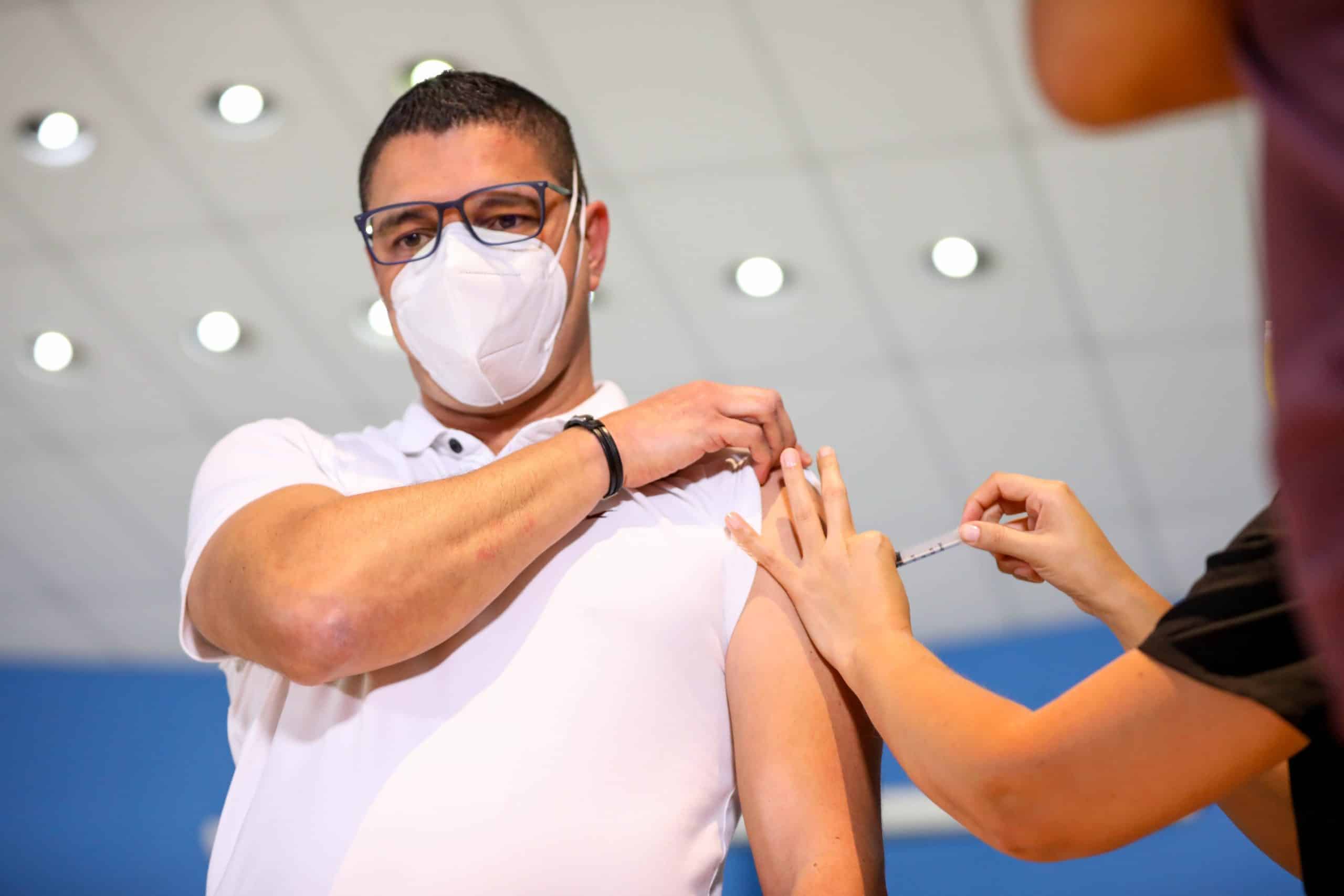Costa Rica’s National Vaccination and Epidemiology Commission has approved the mandatory nature of the Covid-19 vaccine for all public sector officials, the Health Ministry announced this week.
The mandate also applies to private-sector employees in Costa Rica whose employers choose to require the vaccine.
“The Commission made the decision based on epidemiological variables such as the number of Covid-19 cases, the mortality of the disease, the increased circulation of the Delta variant and the high hospital occupancy, which is impacted to a greater extent by patients who are not vaccinated,” the Health Ministry statement reads.
The CNVE also considered the slowdown in vaccination rates and a desire to prevent labor interruptions.
Previously, Costa Rica had mandated the coronavirus vaccine for Health Ministry workers, Costa Rican Social Security Fund employees, the Red Cross and others who work in patient care.
El Observador reported that at least 60 workers from this population had refused a Covid-19 vaccine. Those employees will first receive an educational approach, followed by warnings and later disciplinary actions.
“With them at this time a dialogue process is being developed in order to explain in detail the benefits of vaccination, if the refusal remains, they will proceed with the opening of the corresponding administrative procedures,” the Health Ministry told El Observador.
Employers will be tasked with “taking the corresponding measures in accordance with the country’s legislation and institutional regulations” in response to workers who refuse mandated vaccines.
The decree that formalizes said Covd-19 vaccine mandate will be issued and signed in the upcoming days, authorities said.
Costa Rica has about 325,000 public workers, per a 2019 report, though the pandemic increased unemployment.
Costa Rica has long mandated vaccines. For example, inoculating children in accordance to national guidelines is “an obligation” for parents, according to the Child Welfare Office (PANI).
“It is an obligation of fathers, mothers and adults to take children between 15 months and 10 years old to be vaccinated,” said the former Minister of Children and Adolescents, Patricia Vega Herrera. “This is to fulfill the right to health and the duties of protection and care.”
PANI says that in 2018 it received more than 14,000 children whose parents or guardians did not adequately provide for their health. That includes children who were not vaccinated.
“The General Health Law (Ley General de Salud) sanctions parents or guardians who oppose this vaccination,” the organization said in a press release. “PANI can intervene through the Court of Childhood and Adolescence, since the most serious complications are blindness, pneumonia and brain inflammation and in some cases, death.”
That law stipulates Costa Ricans must receive vaccines against measles, rubella and mumps (MMR), tuberculosis (BCG), Hepatitis B, influenza, tetanus and diphtheria, among others.






